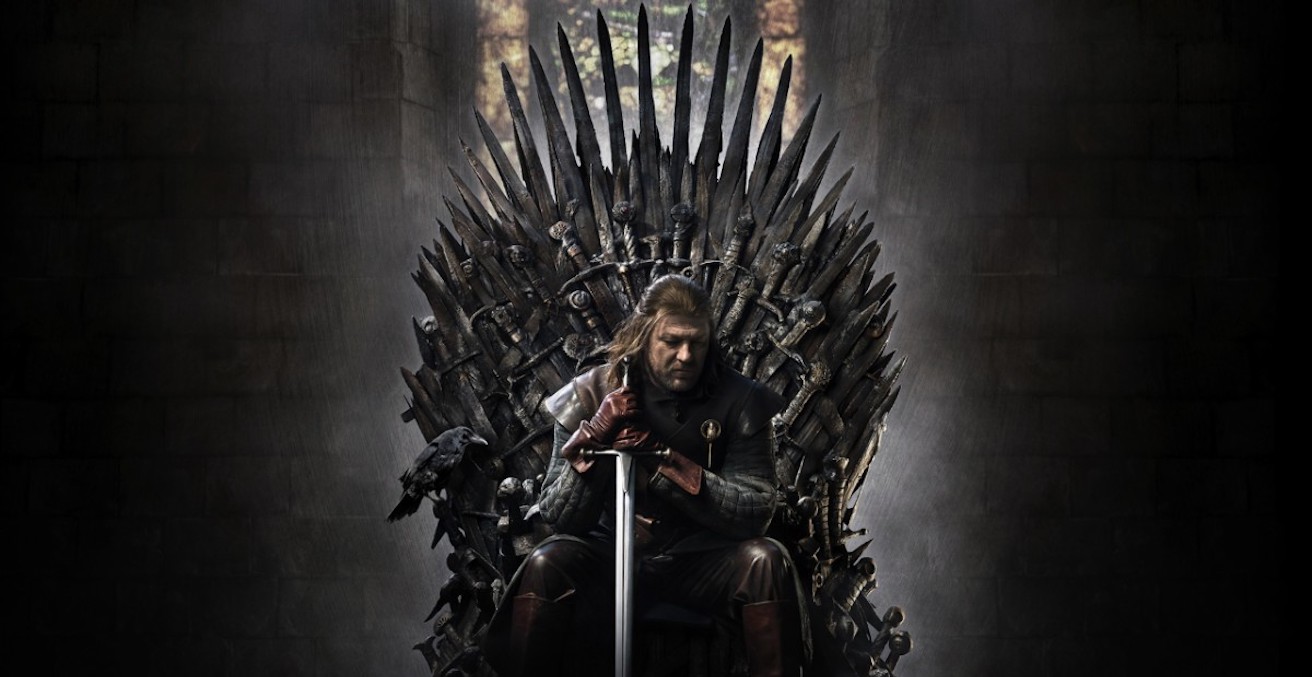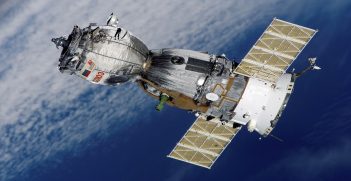Asia-Pacific: Game of Thrones in our Backyard?

For countries like New Zealand and Australia, the international environment is getting much tougher. The post-war global order, within which their entire contemporary foreign policy histories existed, is over.
One of the things I like about George R. R. Martin’s Game of Thrones world is that, unlike a lot of fantasy fiction, it has room for economics. The global financing tentacles of the Iron Bank of Braavos reach everywhere, and trade in everything from Dornish wine to slaves coexists with dragons and Dothraki warriors. “You just wanted to hunt and ride and fight,” Cersei Lannister admonishes her brother Jaime. “You should have listened more when father spoke of the importance of gold.” Good advice for all of us, even if it comes from a slightly suspect source.
In our own Asia-Pacific region it has been the importance of gold—or its contemporary equivalent, economic growth—which has brought to an end the Asian order familiar to Australia and New Zealand for the past 70 years.
China’s rise has been at the centre of it all. In 2004, China’s economy was less than half that of the United States. By purchasing power parity measurements it’s now the largest in the world, and by the time today’s primary school students graduate from high school it will almost certainly be the largest by any measure. This economic rise has given Beijing reason and capacity to contest America for the military primacy that has shaped East Asia since the end of World War II. We do need to remember, however, that the US defence budget is still three times the size of China’s.
In the late 1990s and early 2000s the widespread expectation in the West was that as China grew, its integration into the international system would soon make it more like us; more open economically and politically, and comfortable with the order that had enabled it to flourish. That was probably always an unlikely outcome, but under the leadership of Xi Jinping we’ve been clearly reminded of the clear systemic differences in the way the Chinese party-state operates, the demands it makes of its citizens, and the values it seeks to impose.
Xi is undoubtedly the most ambitious Chinese leader in decades. He has moved decisively away from Deng Xiaoping’s injunction to China to hide its capabilities and bide its time, and is seeking a larger international role and greater influence. This shift was inevitable. It’s hard to hide and bide when you’re China’s size.
Whereas a decade ago Chinese officials would strenuously deny that their country was a great power, China has settled quickly into easy acknowledgement of its status. Since the global financial crisis and the stresses in US politics, it is increasingly confident that it has a model of government and of the international order which is different from the one we have known since the World War II, and which can resonate and influence beyond its borders.
Chinese philosophers like Zhao Tingyang are describing a path to international order which draws on Chinese rather than Western philosophical roots. Confucius over Kant.
President Xi and his colleagues are using nationalism as a way of strengthening the party’s legitimacy, or at least avoiding it being outflanked on the patriotism scale by a public which is increasingly proud of China’s achievements. China’s determination to reinforce its position in the contested waters of the South China Sea has been an important manifestation of this.
But the most immediate strategic impact of China’s rise, and the response to it, has been the rapid expansion of the geographical arena within which competition is taking place, from its East and Southeast Asian core to the broader Eurasian landmass and its maritime surrounds. On China’s side, this has been spurred by its Belt and Road Initiative, partly designed to export domestic overcapacity, partly to address genuine infrastructure gaps and partly to deepen its political and economic links and influence with its neighbours. The response from its competitors has seen the United States, Japan, India and Australia reframe their strategic environments as the Indo-Pacific.
The ASEAN states are already challenged by China’s growing weight, uncertainty about US policy under Donald Trump, the economic challenge of escaping the middle income trap and, in some cases, internal fragility. But the expanded arena of competition raises new threats, in particular, to ASEAN’s traditional assertion of its centrality in Asia’s security and economic institutions.
We also face an entirely different sort of threat North of the wall, in the form of a North Korean regime undeterred by sanctions and as difficult to fathom sometimes as the White Walkers, armed with nuclear weapons and the missile systems to deliver them. As the former Australian Defence Minister, and my predecessor as President of the AIIA, Kim Beazley, wrote in a recent article, “without doubt, we are at the most dangerous moment since the armistice that adjourned the Korean War in 1953.”
For countries like New Zealand and Australia the environment is getting much tougher. The post-war global order within which our entire contemporary foreign policy histories have passed is over. Whatever its strains and challenges, we’re going to look back on that period as one perfectly suited to small and middle-sized powers. It was a world that was globalising in its aspirations, in which functioning multilateral institutions operated and helped to establish a rules-based order which we could easily support because the rules had more or less been set by us and our mates. It permitted us the comfortable belief that we did not have to make hard choices between our security and our prosperity.
But this is a world in which we will have to make serious choices all the time about the risks we will accept, the the benefits that might accrue, and the price we are willing to pay. And it is a world in which we will not be able to rely as much on our traditional partners. Whatever follows the Trump administration, the United States is likely to be more focused on itself and less interested in remaking the global landscape in its own image. And Britain after Brexit will no longer be an entry point for us to Europe and, in my view, will be less influential globally.
The challenge for Australia and New Zealand is how we manage a relationship with and within Asia more complicated than any we have known before.
The trade debate is shifting from the relatively simple questions of industrial tariffs and agricultural quotas to deeper issues related to competition in the cutting-edge areas of technology like artificial intelligence, robotics and bioengineering. As the debates about the Trans-Pacific Partnership and the Belt and Road Initiative show us, Australia and New Zealand are going to find it harder to identify simply and easily where our national interests lie. We need to understand China and the other key Asian countries as effectively as we do our traditional partners. That’s going to require a significant investment of time and resources on the part of our ministers, officials and businesspeople.
Policymaking is becoming far more complicated. The easy days are over. Winter is coming.
AIIA National President Allan Gyngell AO FAIIA presented a version of this article at the recent NZIIA National Conference.
This article is published under a Creative Commons Licence and may be republished with attribution.




